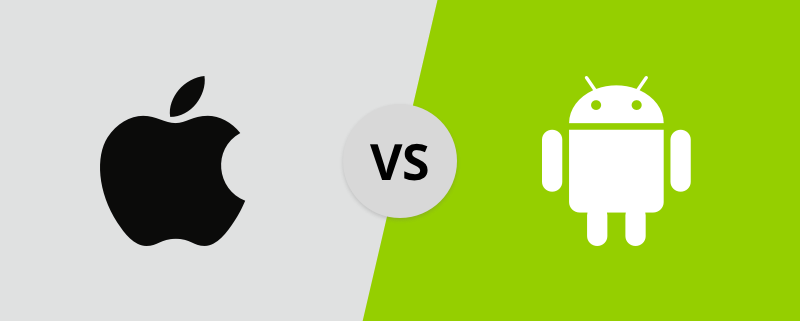The Power-Packed Pros and Perplexing Cons of Android and iOS App Development for App Developers
Choosing between Android and iOS as a platform for your mobile app development is a pivotal decision. Each platform comes with its own set of advantages and challenges for developers. In this blog post, we will break down the pros and cons of Android and iOS app development and discuss how BabySoft software can assist developers in overcoming these challenges and capitalizing on the benefits.
Pros and Cons of Android and iOS app development
Android: The Pros and Cons
Pros:
1. Market Share and Reach:
It boasts a larger global market share, providing access to a broader audience.
2. Open Ecosystem:
The open-source nature of it allows for greater customization and flexibility.
3. Diverse Hardware:
Android supports a wide range of devices, offering developers more opportunities for innovation.
4. Cost-Efficiency:
Developing for Android is often more cost-effective due to lower entry barriers.
Cons:
1. Fragmentation:
The multitude of device types and versions can lead to compatibility and testing challenges.
2. App Monetization:
Its users are generally less willing to pay for apps, making monetization a greater challenge.
3. Security Concerns:
It is perceived as being more vulnerable to security threats, requiring extra attention to app security.
iOS: The Pros and Cons
Pros:
1. High-Value Users: iOS users are more likely to spend on apps and in-app purchases, making it a lucrative platform.
2. Unified Ecosystem: Apple’s strict control results in a more consistent user experience across devices.
3. Security and Privacy: iOS is known for its robust security and privacy features, building user trust.
4. Swift Programming Language: Swift offers a modern and efficient coding experience for iOS developers.
Cons:
1. Market Share: iOS has a smaller market share compared to Android, limiting the potential user base.
2. App Review Process: Apple’s rigorous app review process can lead to delays in app deployment.
3. Restricted Customization: The iOS ecosystem is more closed, offering limited customization options.
How BabySoft Software Helps App Developers:
– Cross-Platform Development: BabySoft provides tools for cross-platform development, allowing developers to write code that can run on both Android and iOS, reducing development time and effort.
– Testing and Emulation: BabySoft offers robust testing and emulation features, helping developers ensure their apps perform well on various Android and iOS devices.
– Security and Compliance: BabySoft provides resources and tools to assist developers in implementing security measures and maintaining compliance with privacy regulations on both platforms.
– Monetization Strategies: BabySoft offers insights and guidance on app monetization strategies for both Android and iOS, helping developers maximize their revenue.
– Performance Optimization: BabySoft helps developers optimize app performance, ensuring a smooth user experience on both platforms.
Conclusion:
The choice between Android and iOS app development depends on your project goals, target audience, and budget. Each platform has its strengths and weaknesses, and BabySoft software is here to support you regardless of your choice. With BabySoft’s comprehensive suite of tools and resources, you can overcome the challenges and leverage the advantages of both Android and iOS to create successful and user-friendly mobile apps.





Leave a Reply
Want to join the discussion?Feel free to contribute!